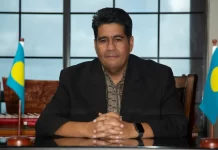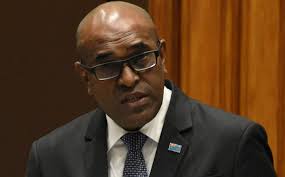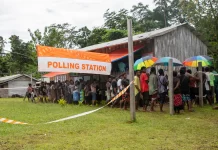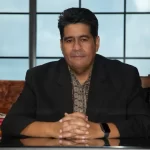Fiji’s Ministry of Health has recorded 415 new cases of HIV Aids, from January to December, for the year 2023.
This is compared to 245 cases reported for the same period in 2022.
This was highlighted by the Minister for Health and Medical Services Dr Atonio Lalabalavu, while responding to the President’s Speech at the Opening of Parliament, last Monday.
Dr Lalabalavu said that the Ministry is fighting an uphill battle with the increasing number of cases of HIV and AIDS.
He said while this is still the tip of the iceberg, it is commendable for the Government of the day to recognise two significant issues affecting the country as a whole.
He said out of these cases, 404 are adults, while 11 cases are children – three of the children got HIV through sexual transmission, while eight got HIV/AIDS through mother-to-child transmission.
Dr Lalabalavu said of the total number of patients being diagnosed, 298 are reported to be males, 122 females and four transgender.
He said that 31 of these cases were teenagers aged between 15 and 19 years.
“Fiji lost 82 lives to HIV. Which is one to many,” he said.
According to the Global AIDS Monitoring Report, Dr Lalabalavu revealed that Fiji is now one of the two top counties in the Asia-Pacific region with rapidly rising new HIV infections.
Dr Lalabalavu said the Ministry is aware of the linkage between the use of illicit drugs in Fiji and the rise of HIV cases.
He said activities such as blue-toothing for IV drug users and chem-sex amongst the younger population are fuelling the rise in new HIV cases.
The Minister said it is finalising the HIV Surge Strategy which will facilitate our collaboration with health partners, across government ministries, and our communities to strengthen prevention, increase national HIV testing by three percent for key population groups, improve access to diagnosis and treatment, reduce stigma and discrimination relating to HIV and AIDS, and strengthen the governance of our HIV response programme.
“I take this opportunity to remind everyone in Fiji that unsafe sexual practices and the use of injectable drugs are contributing to the rise of HIV in Fiji. Avoiding these risky behaviours can prevent you from getting the HIV infection.”
“I also want to remind everyone in Fiji that having HIV is not a death sentence. With treatment, people living with HIV can lead a normal and productive life, and have children who are free of HIV infections,” he added.
SOURCE: FIJI LIVE/PACNEWS














